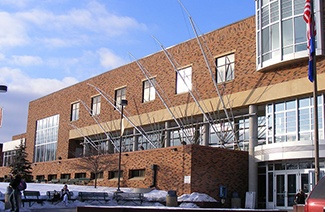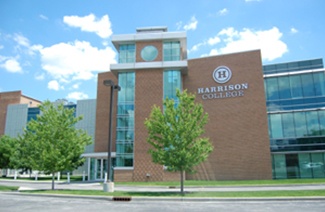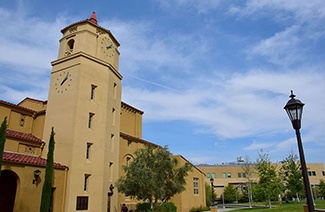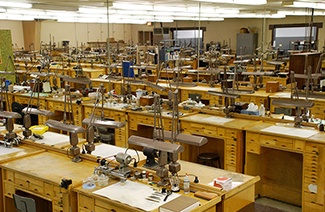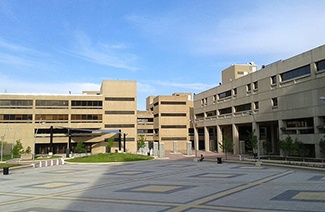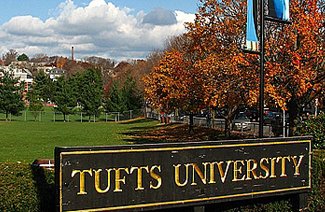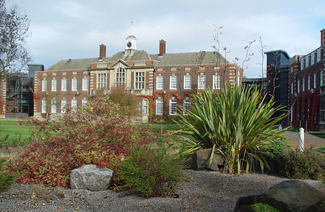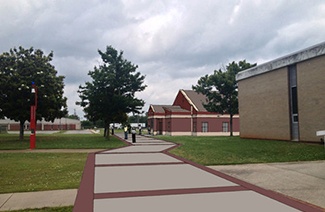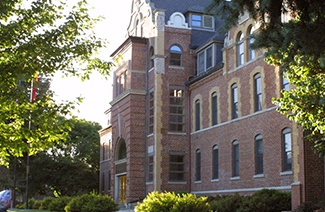Science
Questions 1-11 are based on the following passage and supplementary material.
The Human Genome Project was an international scientific research project with the primary of goal of mapping all of the genes that make up human DNA. Funded by the U.S. government, it began in 1990 and was successfully completed in 2003. Passage 1 is from the National Human Genome Research Institute website. Passage 2 is from Evolution and Medicine.©2011 by BSCS.
1.As used in line 4, “ultimate” most nearly means
A) final
B) extreme
C) absolute
D) fundamental
2.It can reasonably be inferred from Passage 1 that the information supplied by human genes is
A) passed down from generation to generation.
B) heavily influenced by environmental factors.
C) very difficult to decipher without sophisticated techno1ogy
D) similar to the information supplied by nonhuman genes.
3.Which choice provides the best evidence for the answer to the previous question?
A) Lines 1-2 (“The Human...genes.”)
B) Lines 7-9 (“This information...being.”)
C) Lines 14-17 (“A startling...estimates.”)
D) Lines 27-30 (“And it's...disease.”)
4.As used in line 33, ”paradoxical” most nearly means
A) convoluted.
B) sophisticated.
C) obscure.
D) contradictory.
5.In the first paragraph of Passage 2, the reference to previous studies of human groups primarily serves to
A) call into question bias within the International HapMap Project.
B) suggest a potential bias within the International HapMap Project.
C) emphasize that the findings of the International HapMap Project were consistent with earlier research.
D) draw a comparison between the International HapMap Project and the Human Genome Project.
6.The information in line 42-44 (“There...groups”) primarily serves to
A) provide more precise data regarding the degree of genetic overlap between members of different ethnic and geographic groups.
B) support the author’s claim that genetic profiling will enhance the ability to predict a group member’s predisposition to a particular disease.
C) further develop the idea that the human genome is much larger and more complicated than scientists originally thought.
D) call into question the results of the International HapMap Project and other studies regarding the diversity of human genome.
7.Based on Passage 2, Crews and Gerber would most likely support all of the following application of genetic profiling EXCEPT:
A) A patient receives a personalized medication based on his genetic makeup.
B) A doctor schedules an annual medical test for a patient because of a genetic predisposition.
C) A patient stops exercising based on the finding that he is not at risk for a particular disease.
D) A counselor meets with a patient to discuss whether she is at risk for a certain condition.
8.The authors of both passages would most likely agree
that improvements in our knowledge of the human genome will
A) allow scientists to formulate cures for the majority of diseases.
B) improve the ability of medical practitioners to treat patients.
C) enhance treatment options for certain groups based on their geography.
D) reduce the cost of most medical treatments.
9.A central idea that is expressed in Passage 2 but not Passage 1 is that the human genome
A) can be understood like a book with multiple uses.
B) is much smaller than scientists originally thought.
C) is surprisingly similar among different individuals.
D) Instructs the development of human cells into tissues.
10.How would the author of Passage 2 most likely respond to the “history book” metaphor in Passage 1?
A) With approval, because the author believes that knowledge of the human genome will give scientists a better understanding of how cells are constructed.
B) With approval, because the author recognizes that the human genome provides insight into the story of the human species over time.
C) With disapproval, because the author asserts that the human genome only provides information about the current state of humanity.
D) With disapproval, because the author suggests that the relevance of human migrations is overstated.
11.Which choice provides the best evidence for the answer to the precious question?
A) lines 44-46 (“This...differences”)
B) lines 47-50 (“As...health”)
C) lines 51-52 (“Individual...predispositions”)
D) lines 61-63 (“Patterns...selection”)
